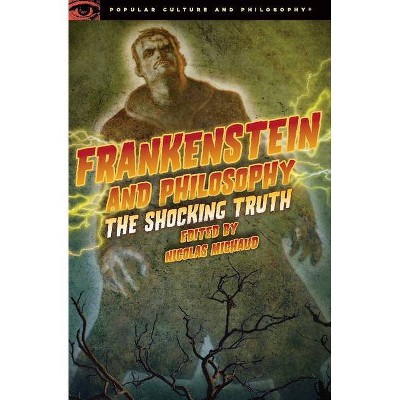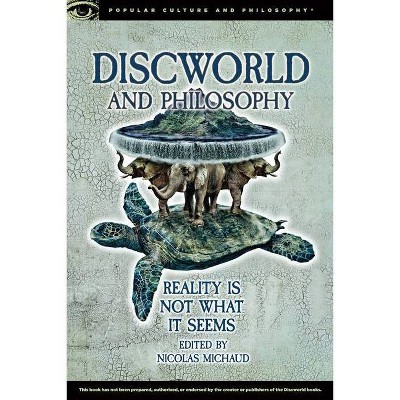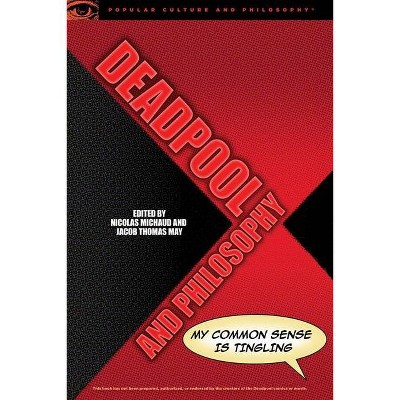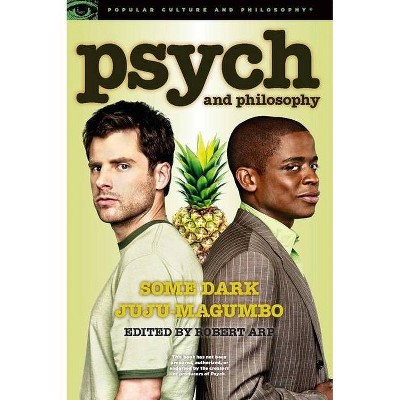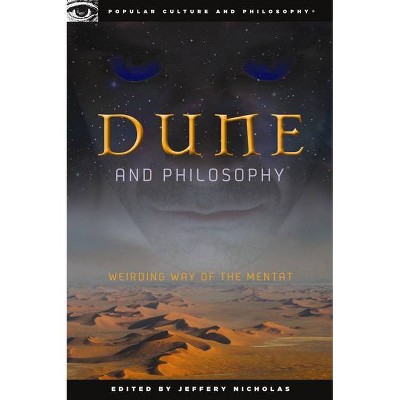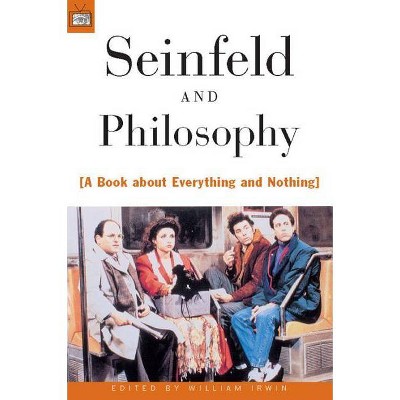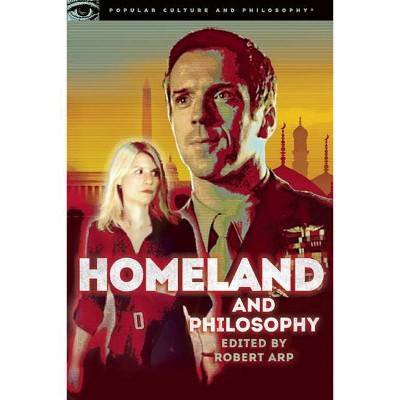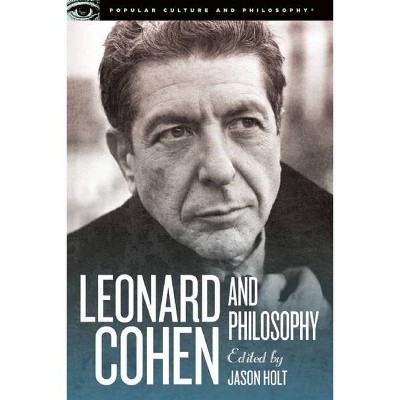Jurassic Park and Philosophy - (Popular Culture and Philosophy) by Nicolas Michaud & Jessica Watkins (Paperback)
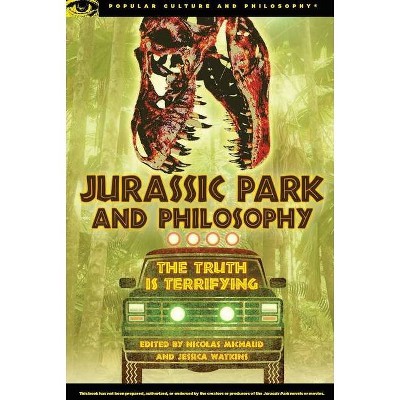
Similar Products
Product info
<p/><br></br><p><b> Book Synopsis </b></p></br></br>Twenty-one philosophers investigate the implications of the <i>Jurassic Park</i> franchise for our lives, our values, and our future. Human beings live and thrive by modifying nature, but when do the risks of changing nature outweigh the likely benefits? If it's true that "Life will find a way," should we view any modified or newly reconstituted life as a hazard? The new scientific information we could gain by bringing back T. Rex or other dinosaurs is immense, but should we choose to let sleeping dinosaurs lie? And if we do bring them back by reconstituting them from ancient DNA, are they really what they were, or is something missing? How do the different forces -- human curiosity, profitability, and philanthropy -- interact to determine what actually happens in such cases? What moral standards should be applied to those who try to bring back lost worlds? The idea of bringing back the dead and the powerful is not limited to biological species. It also applies to bringing back old gods, old philosophies, old institutions, and old myths. If revived and once again let loose to walk the Earth, these too may turn out to be more dangerous than we bargained for.<br><p/><br></br><p><b> About the Author </b></p></br></br><b>Nicolas Michaud</b> is an assistant professor of philosophy at Florida State College, Jacksonville, and the editor of <i>Frankenstein and Philosophy</i>. <b>Jessica Watkins</b> is a contributor to <i>Ender's Game and Philosophy</i>. Both live in Jacksonville, FL.<br>
Price History
Price Archive shows prices from various stores, lets you see history and find the cheapest. There is no actual sale on the website. For all support, inquiry and suggestion messages communication@pricearchive.us
